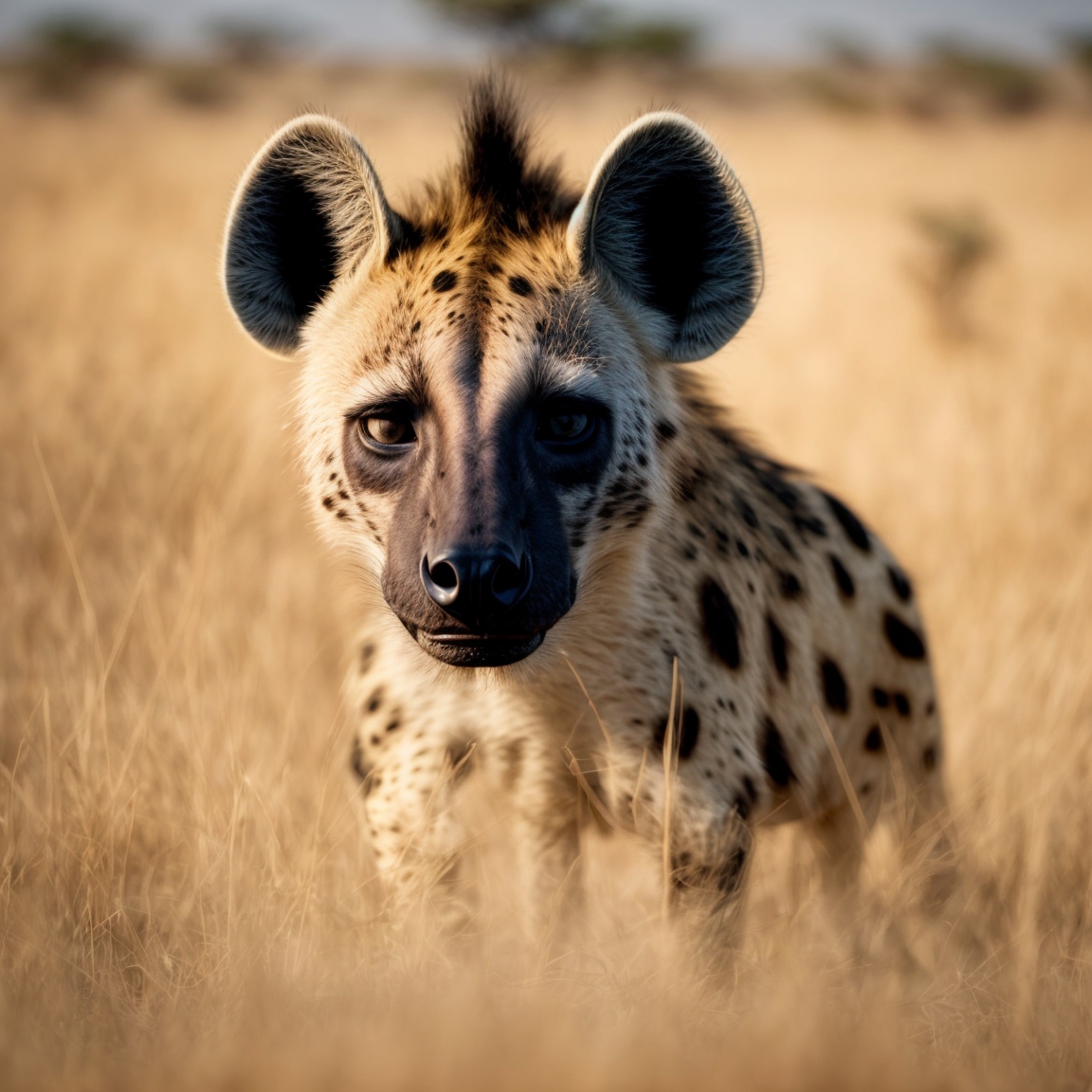Dancing with Devils and Gods: A Literary Exploration
Dancing with Devils and Gods
Selenolatry and Devil-Worship:
The night sky has long been a source of inspiration for artists and writers, with its mysterious beauty and ethereal light. Among the stars, the moon holds a particular allure, giving rise to the ancient practice of selenolatry, derived from the Greek goddess Selene. In literature, moonlit scenes often set the stage for rituals and acts of devotion, especially in Gothic novels and horror fiction. Here, we explore how authors have delved into the realm of devil-worship and the forbidden, captivating readers with tales of transgression and sacrifice.
Social Dancing, Transgression, and Power Dynamics:
Social dancing, a ubiquitous form of expression, serves as a literary device to explore character dynamics and societal norms. From the lively rhythms of the mambo to the elegant steps of the waltz, dance can be a tool for transgression. We examine scenes where characters challenge class boundaries and power structures through their movements, using dance as a form of rebellion or a means to subvert expectations.
The Waltz of Power and Perseverance:
Consider the enduring appeal of the waltz, a dance that exudes elegance and grace. In literature, the waltz often symbolizes societal norms and the upper echelons of society. However, it can also represent perseverance and the subtle exercise of power. Characters who master the intricate steps and subtle cues of the waltz may gain an advantage, navigating complex social landscapes with finesse.
Literary Sacrifice and the Celebration of Transformation:
Sacrifice, an age-old literary device, propels plots forward and shapes character arcs. We explore how authors employ sacrifice as a catalyst for transformation and celebration. From ancient epic poems where heroes sacrifice their lives in pursuit of glory, to modern stories where characters make personal sacrifices for love or justice, we celebrate the enduring power of literary sacrifice.
Marriage of Convenience or Covenant?
In literature, marriage is often a pivotal plot point, and marriage licenses or certificates take on symbolic significance. We delve into the theme of arranged marriages or marriages of convenience, where characters find themselves bound by societal expectations or familial obligations. Are these unions merely contractual, or do they evolve into sacred covenants that transcend their initial purpose?
A Study of Specialism and Mastery in World-Building and Language:
Literature, in its infinite variety, offers a unique exploration of specialism and mastery. From the intricate world-building of fantasy epics, where authors create entire universes with their words, to the precise and evocative language of poetry, we celebrate the artistry of literary craftsmanship. Words become tools to evoke emotions, paint vivid images, and transport readers to imaginary lands.
The Occult, Cryptology, and the Allure of Secret Knowledge:
Delving into the occult, we uncover a realm of hidden knowledge and esoteric practices. Authors have long been fascinated by the mysterious arts, incorporating elements of cryptology and secret societies into their works. We explore how characters navigate shadowy paths, seeking forbidden knowledge or using cryptic messages to convey hidden truths.
Herald of the Occult:
The figure of the herald takes on a new dimension in literature exploring the occult. Messengers and prophets take center stage, delivering cryptic prophecies or serving as guides into arcane realms. Their presence adds an air of mystery and anticipation, signaling that the boundaries between the known and unknown are about to blur.













































